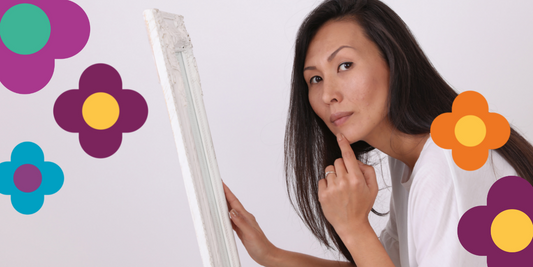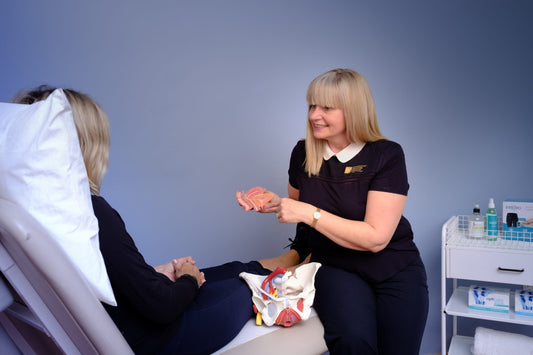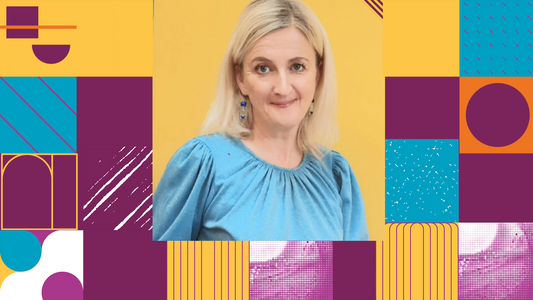We look at the data
While there is no definitive age that is ‘too old’ to get pregnant at, at a certain age, your fertility will decrease, along with the possibility of more complications during pregnancy arising.
Fertility after 35
Although many more women are now having healthy, happy babies well into their 30s – and even 40s – your chances of getting pregnant after 35 declines along with your fertility.
As a woman’s peak reproductive years are between the late teens and late 20s, your fertility will start to decline by the time you’re 30. This decline begins to become more rapid by the time you reach your mid-30s, and your chances of getting pregnant after 35 declines.
By 45, the likelihood of getting pregnant naturally is very slim.
All girls begin life with a fixed number of eggs in their ovaries. As we get older, the number of eggs decreases and the quality of the eggs declines. Women aged 35 or older tend to be at a higher risk of disorders negatively impacting fertility.
What are the stats?
According to studies done in the past, if you are in your 20s or early 30s, you have a one-in-four chance of getting pregnant in any single menstrual cycle. By the time you are 40, your chances will decrease to just 10%. The same is true for men as the quality of their sperm also declines with age – but less dramatically.
What are the considerations?
Getting pregnant in your late 30s or early 40s, you have a higher risk of complications such as preeclampsia and developing high blood pressure, regardless of how healthy and fit you are at the time. Pregnancy in your late 30s or early 40s can also affect the fetus's health.
While the risk of having a baby with a chromosome abnormality is small at any age, the older you are, the higher the risk can be. For example, the chance of Down Syndrome is one in 1,500 at aged 20 and one in 1,000 aged 30. By 35, this increases to one in 350. At 45, it’s one in 35.
Furthermore, unfortunately, the risks of miscarriage and stillbirth are higher, too, if you’re aged 35+. Multiple pregnancies – twins or triplets – are more common in older women because they are more likely to release more than one egg as they age. Multiple pregnancies are riskier, and it’s more likely that your babies will be born before 38 weeks.
What is a reproductive plan?
A reproductive plan is organising when you want to have children, weighing up your options around getting pregnant, and making an informed decision.
If you think you might like children next year, you can take steps to have a healthy pregnancy by consulting your doctor and partner and discussing your options. Otherwise, you can make sure you’re on birth control.
What are my options?
Once you're in your 40s, your fertility window is just 10%, but that doesn’t mean it's impossible to get pregnant. There are many different ways to plan accordingly to have children when you’re older. You can’t reliably preserve your fertility, but IVF is a standard option now for women who have difficulties getting pregnant.
Freezing your embryos is something to think about. You can freeze them to use in later years; when you are ready, a ‘younger’ embryo can be transferred to your uterus to achieve pregnancy.
You can also freeze your eggs with the unfertilised eggs then use them for later IVF treatments – although this route is less successful than frozen embryos.
If you’re older than 35 and are not pregnant after six months of trying, you should have an infertility evaluation with a specialist. 40 or older, you should have this evaluation before you even try to get pregnant.
If you want to know more about pregnancy be sure to check out our other articles!













